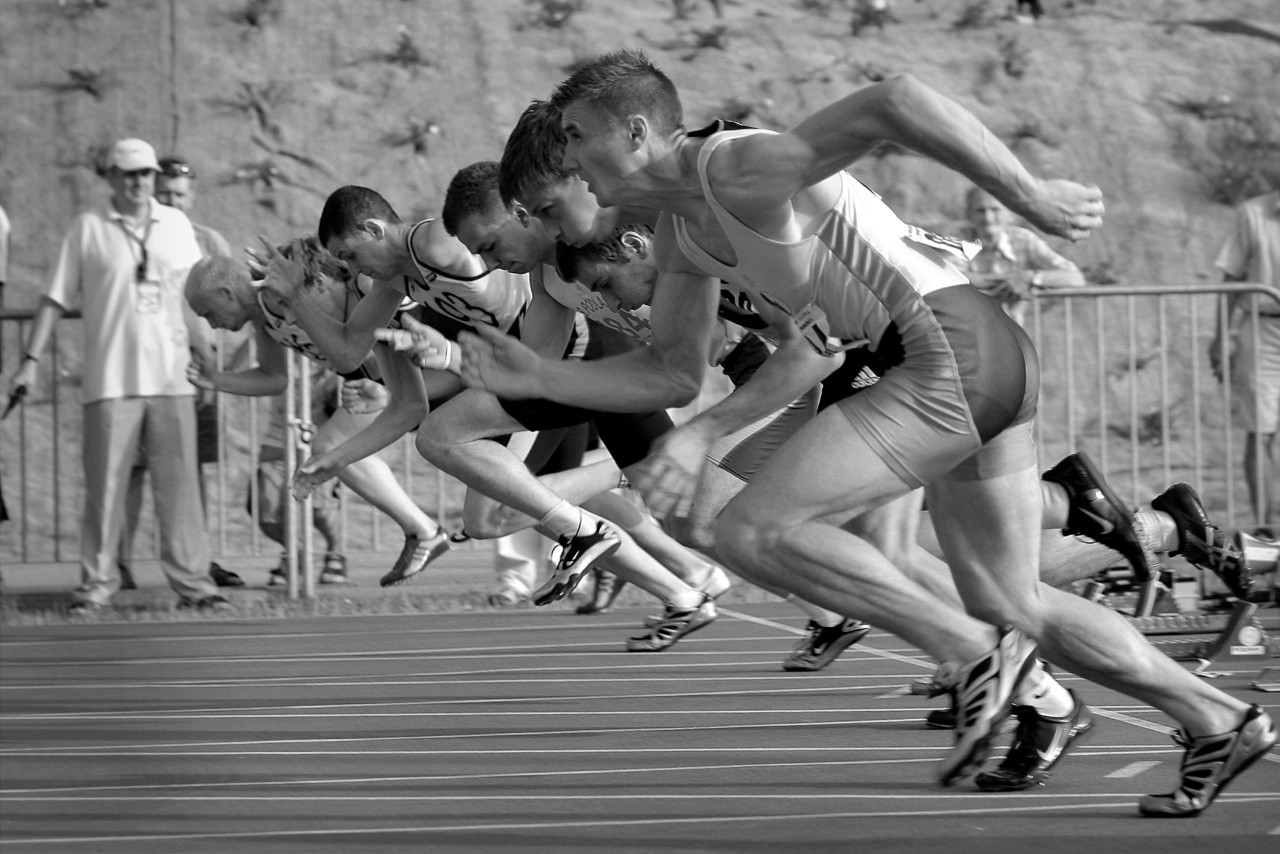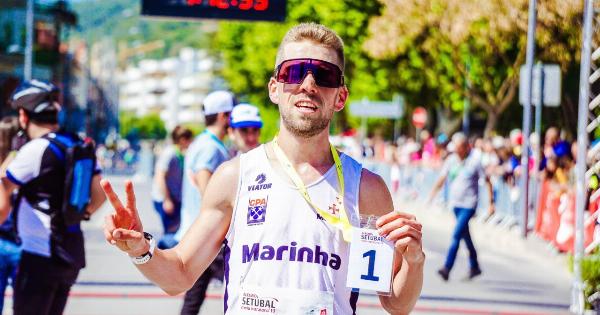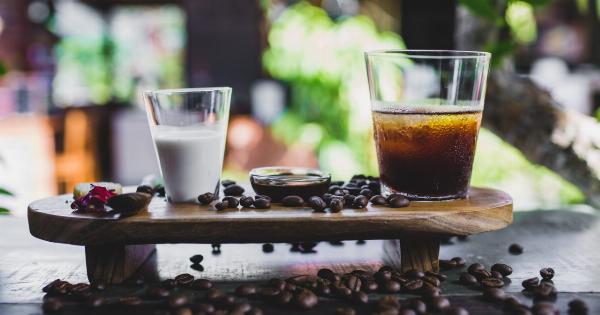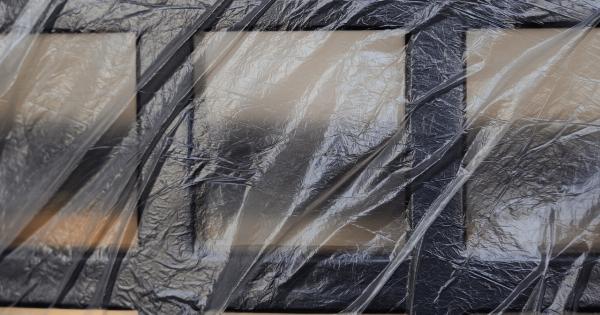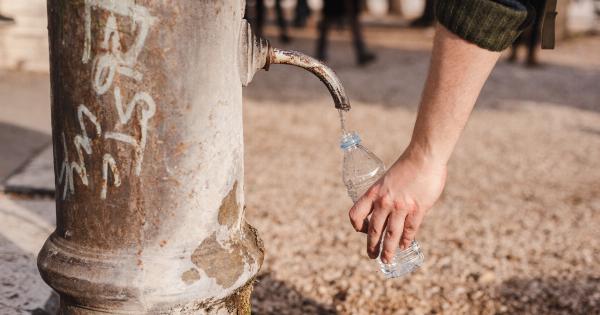Marathon running is an endurance activity that requires proper preparation, including training, diet, and hydration strategy.
In this article, we will discuss the importance of optimal hydration for marathon runners and provide insights into developing an effective hydration strategy for running a marathon.
Water requirements for running a marathon
The amount of water required for running a marathon depends on various factors, including the runner’s weight, activity level, and the weather condition.
Generally, a runner should consume between 5 to 10 ounces of water every 15 to 20 minutes during the race to maintain optimal hydration. Moreover, runners should consume an additional 16 to 20 ounces of water 2-3 hours before the race start to ensure hydration levels are optimal.
Sports drinks
In addition to drinking water, marathon runners can also consume sports drinks to replace lost electrolytes and carbohydrates.
Sports drinks contain electrolytes like sodium, potassium, and magnesium that help to maintain the body’s fluid and electrolyte balance. Moreover, sports drinks also contain carbohydrates that help to provide energy during the race.
However, runners should be careful not to consume too many sports drinks as they may contain high sugar levels that can cause stomach discomfort during the race.
Factors affecting hydration levels during marathon running
There are several factors that can affect a runner’s hydration levels during a marathon; runners should be aware of these factors to develop an effective hydration strategy. These factors include:.
- Weather conditions: Running in hot and humid conditions can cause dehydration and increase the body’s fluid requirements.
- Activity level: Running at a high intensity for an extended period can increase sweat production and cause dehydration.
- Body weight: Heavier runners require more water to maintain hydration levels compared to lighter runners.
- Intake of diuretics: Consuming alcohol, caffeine, or other diuretics can increase urine output and cause dehydration.
Developing an optimal hydration strategy for marathon running
To develop an effective hydration strategy for marathon running, runners should consider the following factors:.
- Pre-race hydration: Runners should aim to consume 16 to 20 ounces of water 2-3 hours before the race start to ensure optimal hydration levels. Additionally, runners can consume a sports drink or a carbohydrate gel to boost energy levels before the race.
- On-course hydration: During the race, runners should consume 5 to 10 ounces of water every 15 to 20 minutes to maintain hydration levels. Moreover, runners can consume a sports drink to replace lost electrolytes and provide carbohydrates for energy. Runners should be careful not to consume too much fluid as it can cause gastrointestinal discomfort.
- Post-race hydration: After the race, runners should aim to consume fluids and electrolytes to rehydrate the body and replenish lost nutrients. Runners can consume a sports drink, water, or an electrolyte-infused beverage to rehydrate the body.
Conclusion
Marathon running requires proper hydration strategy to maintain energy levels and prevent dehydration. Runners should aim to consume water and electrolytes at regular intervals during the race to maintain optimal hydration levels.
Additionally, runners should consider factors such as weather conditions, body weight, and intake of diuretics when developing an effective hydration strategy for marathon running.
